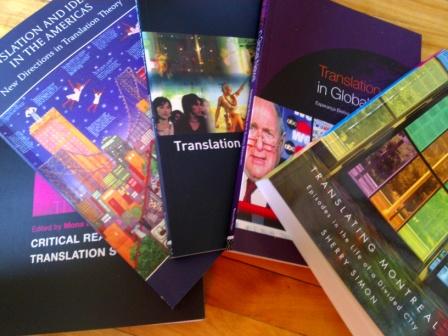Is The World Enough? Culture, Translation, and Impassable Differences in the Life of Victoria Ocampo
DOI:
https://doi.org/10.21992/T9992XAbstract
Victoria Ocampo’s work and linguistic aptitude were often criticized due to her gender and privileged social position. Her abilities were seen as intrusions into languages, cultures and a world of intellectual exchange in which she was tolerated, but never accepted. In light of recent studies on intercultural maturity, this essay argues that Ocampo’s relationship between language and culture can now be read as a blueprint for the modern world. This world is that of increased interest in globalization, one in which it is less and less rare that family members need a passport in order to visit one another, and in which heritage language speakers are no longer the odd minority. The world today is marked by transculturation and other incidences of overlapping ethnic and national heritages historically isolated for their “otherness” within a dominant socio-cultural structure seeking homogeneity to a white, western European ideology.Downloads
Downloads
Published
Issue
Section
License
Authors who publish with this journal agree to the following terms: a.Authors retain copyright and grant the journal right of first publication with the work simultaneously licensed under a Creative Commons Attribution License that allows others to share the work with an acknowledgement of the work's authorship and initial publication in this journal. b.Authors are able to enter into separate, additional contractual arrangements for the non-exclusive distribution of the journal's published version of the work (e.g., post it to an institutional repository or publish it in a book), with an acknowledgement of its initial publication in this journal. c.Authors are permitted and encouraged to post their work online (e.g., in institutional repositories or on their website) prior to and during the submission process, as it can lead to productive exchanges, as well as earlier and greater citation of published work (See The Effect of Open Access).



